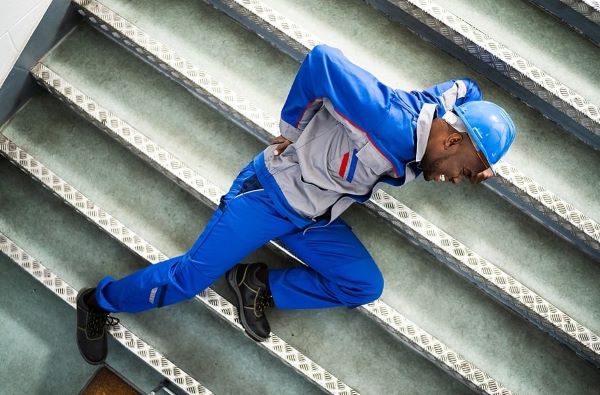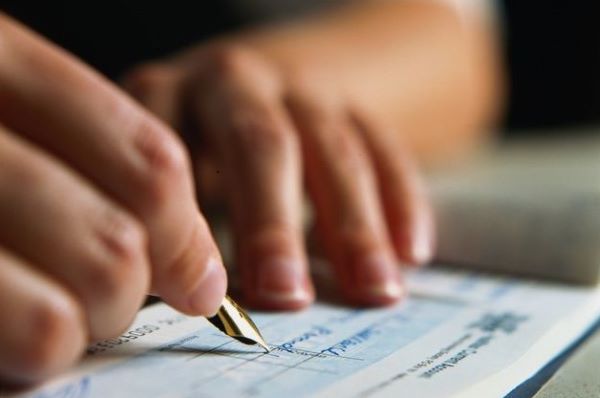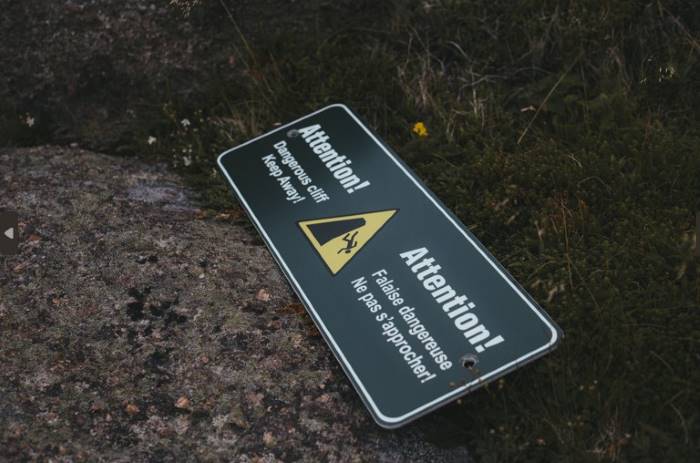Slip and fall accidents can be serious and cause a lot of pain and damage. They can happen anywhere, at any time, and can lead to costly medical bills, missed work, and other expenses.
It’s important to understand the laws related to premises liability and slip and fall accidents and what you can do to protect yourself in the event of an accident.
What Is Premises Liability?
Premises Liability is a legal concept that holds property owners responsible for any injury or damage that occurs on their property due to their negligence. This includes not only physical harm, but also financial losses. If a person is injured while on someone’s property, they may be entitled to compensation from the owner if it can be proven that the owner was negligent in maintaining the premises.
For example, if a customer slips and falls on a wet floor in a store due to the store not having proper warning signs or taking steps to prevent the hazard, the store owner may be held responsible for the injury. Another example would be if a property owner fails to repair a broken stairwell, and someone trips and falls on the stairs, the property owner may be held liable for the resulting injury.
Premises liability is an important concept that ensures that property owners are held accountable for any injuries that occur on their property.

Types of Slip and Fall Accidents
Slip and fall accidents can happen anywhere, but they are most common in places like stores, restaurants, and other public areas. Common slip and fall accidents include falls due to wet floors, broken stairs, defective sidewalks, and uneven pavements.
How to Determine Fault
Premises liability is a legal theory that holds property owners and occupiers responsible for injuries that occur on their property. Establishing fault in a premises liability case can be difficult and challenging. The court must review all evidence, including witness testimonies, to understand what happened and how the property owner or occupier may be liable. The injured person must prove that the property owner or occupier had a duty of care to them and that they breached that duty, which caused the injury. The property owner or occupier may try to prove that the injured person was partly responsible for their own injuries. If the court finds the property owner or occupier responsible, the injured person may be entitled to compensation for their damages.
How to Negotiate a Slip and Fall Settlement
Slip and fall cases are some of the most common personal injury cases, and they often result in a settlement if you are willing to negotiate. Negotiating a slip and fall settlement can be difficult, but with the right strategy, you can get the compensation you deserve.
First, it is important to understand that insurance companies are not looking to give money away. They want to settle for the lowest amount possible, so you will need to be prepared to stand your ground.
Start by gathering evidence. Documentation of the accident is essential, including photos of the scene, witness statements, and medical records. The more evidence you have, the stronger your case will be.
Next, make sure you understand the applicable laws. Know the statute of limitations in your state, as well as the criteria for proving negligence. You should also be familiar with the compensation structure for slip and fall cases.
Once you are prepared, you can begin negotiating. Start by making a demand for the compensation you believe you deserve. This should be reasonable and be based on the evidence you have collected.

Be prepared to counter any offer the insurance company makes. You should also be willing to compromise, as long as it is in your favor. Don’t be afraid to walk away if the offer is too low, or if the insurance company is not willing to negotiate. If the settlement offered by the insurance company is unsatisfactory, you may need to hire an attorney. A slip and fall attorney can help you evaluate your case and determine what legal claims you may be able to make against the property owner. Your attorney can also help you gather evidence, negotiate with insurance companies, and, if necessary, take your case to court.
If you are able to negotiate a settlement, make sure to get the agreement in writing. This will ensure that you are legally protected and will receive the compensation you are owed.
Negotiating a slip and fall settlement can be intimidating, but with the right preparation and strategy, it is possible to get the compensation you deserve.
Conclusion
Slip and fall accidents can be serious and cause a lot of pain and suffering. It’s important to understand the laws related to premises liability and slip and fall accidents and what you can do to protect yourself in the event of an accident. If you’ve been injured in a slip and fall accident, you may be entitled to compensation. Knowing how to negotiate a slip and fall settlement can help you get a fair outcome.


